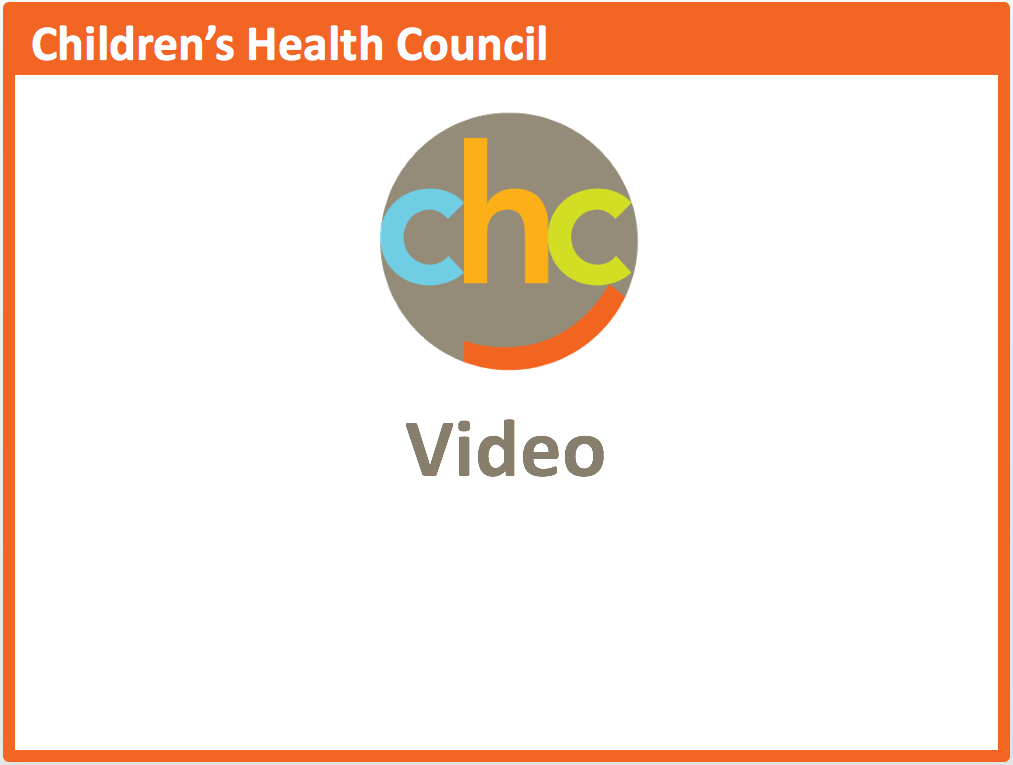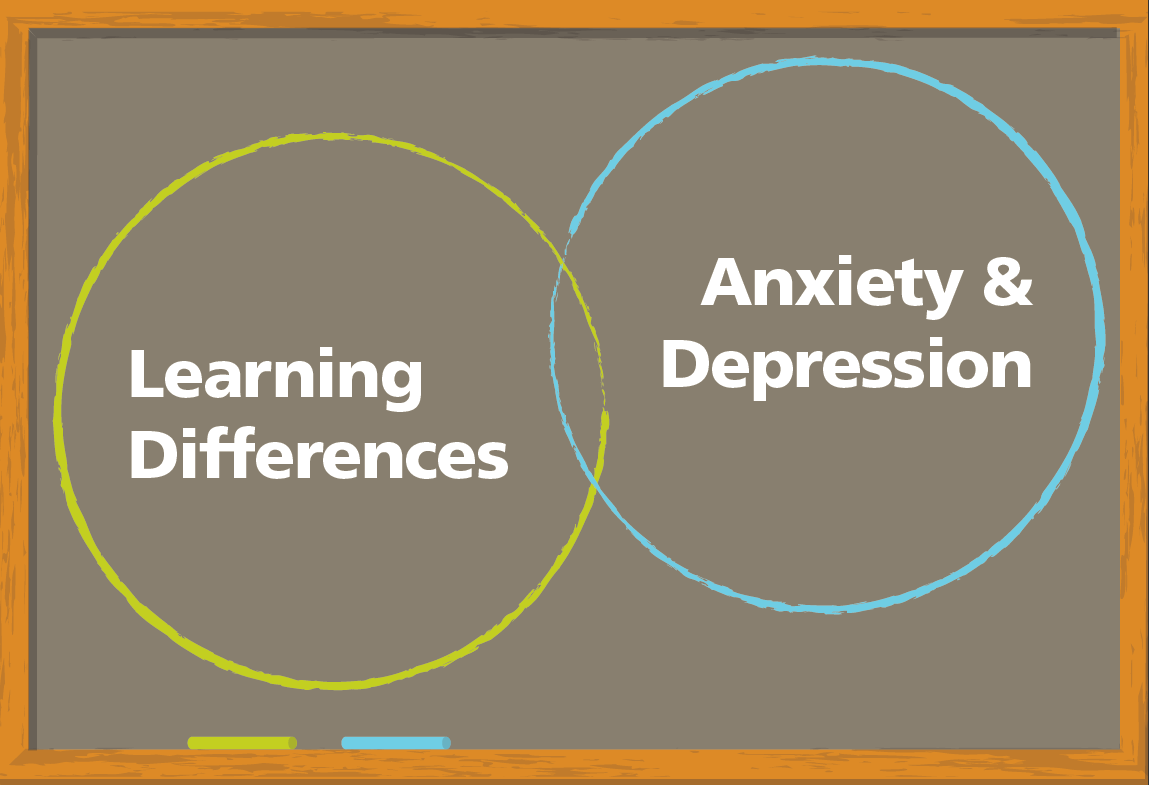 Something isn’t right; lately your child seems less than enthusiastic about school. They appear withdrawn and have started complaining about an upset stomach every Sunday evening. But are they struggling in school or could it be something else?
Something isn’t right; lately your child seems less than enthusiastic about school. They appear withdrawn and have started complaining about an upset stomach every Sunday evening. But are they struggling in school or could it be something else?
Signs Your Child May Be Struggling
When kids struggle in school, the stress and anxiety of the situation typically follows them home. You may notice changes in behavior as well as physical complaints.
While every child is different, there are some red flags that can indicate that a kid needs help.
Refuses to Discuss School
When your child suddenly doesn’t want to tell you about what they are learning in school or how their school day went, it can be a signal that something is not right at school.
While it is important to respect your child’s personal boundaries and not force them to talk about things before they are ready, you also do not want to ignore this warning sign.
Experiences a Change in Attitude About School
If your child previously had a positive attitude about school, but has become distant or angry about school, you can bet they do not like how things are going. Either they are struggling with their studies, having relational issues, or both.
When your child says they are bored, it is important to look a little deeper to find the cause. It may be that they already know the material being taught in a particular unit—but they also may not know how to articulate that they are confused or lost.
Displays Physical Symptoms
Whether your child is having issues sleeping, experiencing changes in eating patterns, or is complaining of pain, they could be struggling in school.
Young children also want to please the adults in their lives and may worry that, if they aren’t doing well in school, these adults will be upset with them. Older children and teens may be well aware of the overall importance of school to their futures and concerned about their future success if they start to fall behind. Both scenarios can lead to physical complaints.
Receives Poor Reports From Teacher
Sometimes it is easy to dismiss what a teacher says about your child, especially if what they are telling you is different than what you believe to be true about your child.
If your child’s teacher believes that your child is struggling more than other students, pay attention. Letting you know about a change in your child’s academic progress is the teacher’s way of giving you the chance to address any problems.
Misbehaves at School
Children (and teens, too) often lack many of the skills needed to speak up and specifically say what it is they are having trouble with.
If your child is usually well behaved and suddenly begins to have behavior problems at school, take a look not only at what is happening in their social world but also their academic world as well.
Receives Low Grades
Dropping grades is a common indicator that your child is struggling. Yet, sometimes parents feel that bad grades simply mean that their child just isn’t applying themselves and that they will outgrow it. While an occasional poor grade may not be cause for serious concern, a pattern of low grades—or worse, a report card full of poor grades—is a sign of a problem.
Be a Good Listener
Take the time to talk to your child about what they are experiencing and truly listen to what they have to say.
“Your child will likely reach out to you when [they] feel at ease and know [they] will be heard and not judged or scolded. This opens the lines of communication for your child to talk about [their] struggles either at school or otherwise and gives you the opportunity to gather information that can in turn help you help your child.”
Excerpted from “7 Warning Signs Your Child Is Struggling in School” from VeryWell Family. Read the full article online.
Source: VeryWell Family | 7 Warning Signs Your Child Is Struggling in School, https://www.verywellfamily.com/warning-signs-your-child-is-struggling-in-school-2601436 | Ⓒ 2022 Dotdash Media, Inc.
If you have concerns about your child or teen, CHC Care Coordinators can arrange a free 30-minute consultation so you can explore options with an expert. We invite you to call or email us at 650.688.3625 or careteam@stage.chconline.org to set up an initial Parent Consultation appointment. CHC teletherapy services are available now.





